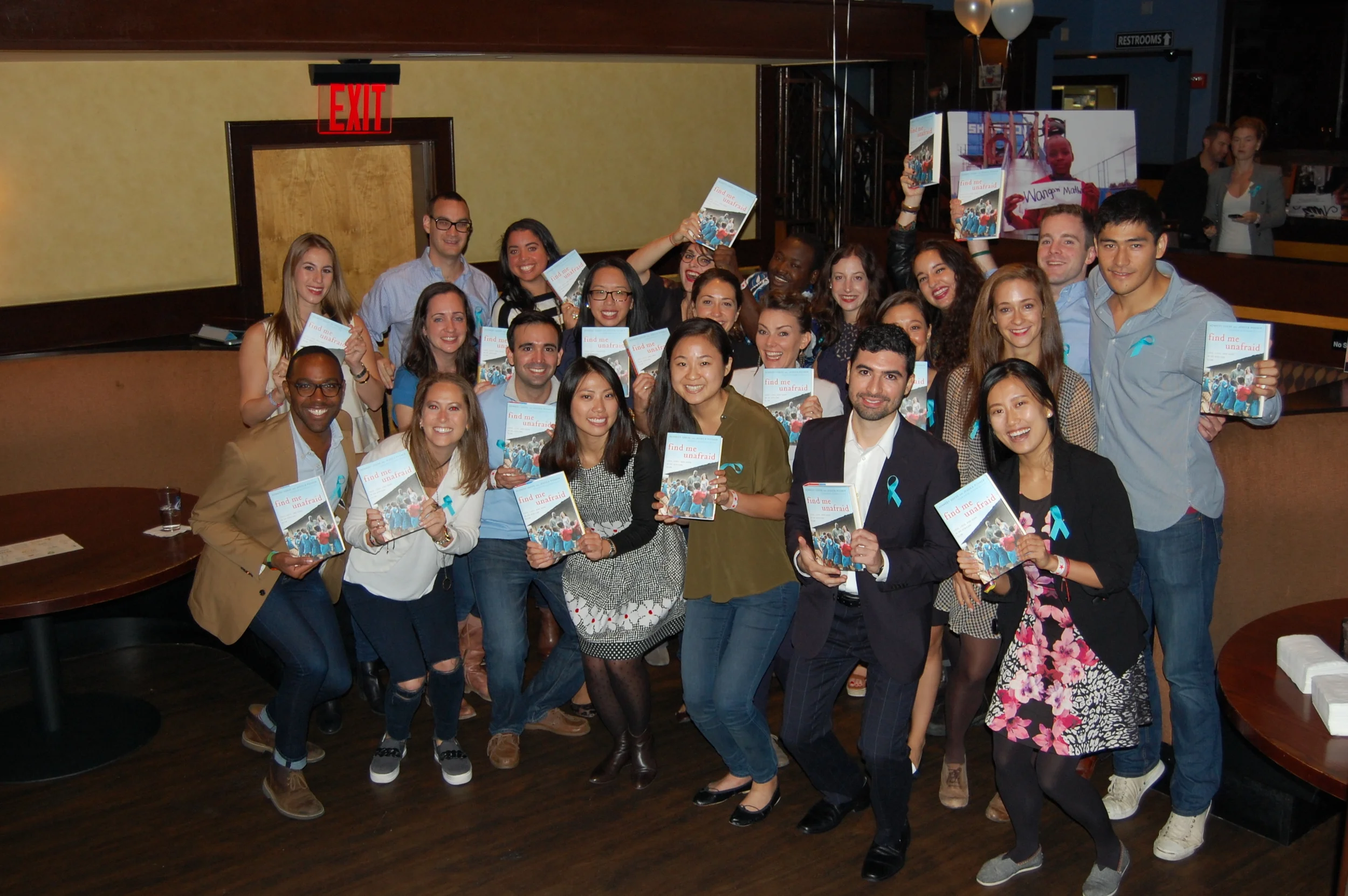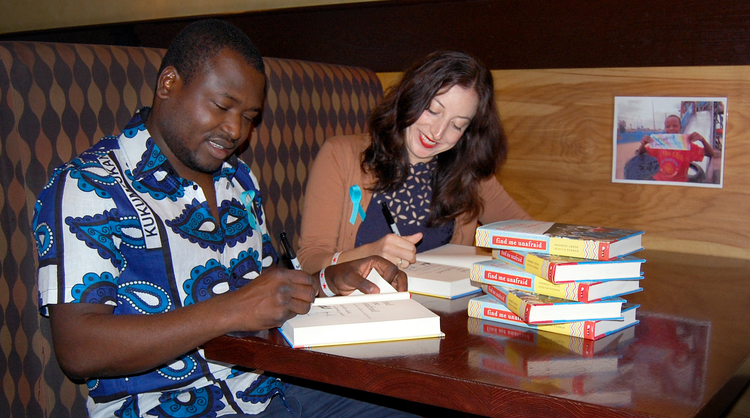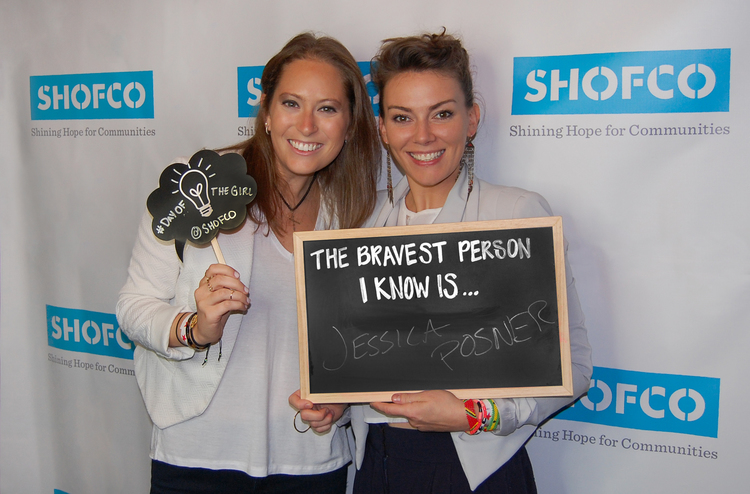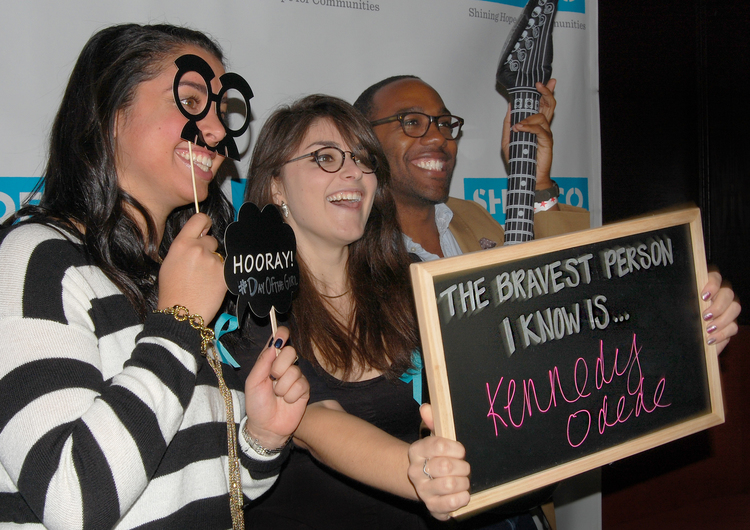AFP/Getty Images
SHOFCO Co-Founder and CEO, Kennedy Odede, attributes his community building and leadership skills to many inspirational activists, but one of the most influential has been Dr. Martin Luther King, Jr. In honor of Dr. King’s legacy and birthday, we asked Kennedy what Dr. King meant to him and to SHOFCO.
Q: How has Dr. Martin Luther King, Jr. influenced your life?
A: I was inspired by Dr. King, by his struggle and the idea of people coming together to change their own lives. Growing up in Kibera, young people were so sad and angry at the system that some of my friends turned to gangs as a way to fight back. Being able to learn the ideology of Dr. King was very powerful for me - this thing called “nonviolence.” I learned that people can come together and talk about issues and fight for civil justice without violence. My buddies who became gangsters were not bad people, but this was the only way they knew how to show their anger. They're in the slums having a hard time, therefore violence seemed to be the only way. But, Dr. King showed me something different.
Q: How can we use his teachings to solve some of our current problems?
A: Dr. King believed in people and stood up against injustice everywhere; he talked about civil rights issues affecting America, but he also spoke of poverty around the world. Right now, with all the things happening around the world, there are still many people afraid to speak up. We need to remember the teachings of Dr. King and that no matter the problem, if we come together we can solve it.
Q: What are some of Dr. King’s principles and values that resonated with you most? Why?
A: I don’t think most people understand Dr. King very well. He stood for nonviolence, but that man was tough. Dr. King was propelled by urgency. I love the idea that there is no other time to fight injustice - the time is now. This is something I remembered when I bought a used soccer ball for 20 cents to try and unite my community. He was way ahead of his time. He was very strong, passionate and believed in social justice for all. All of this really stayed with me.
Q: You've cited Marcus Garvey, Rosa Parks, and Nelson Mandela as some of your other role models. What do you think Dr. King had in common with them?
A: One thing I love about these men and women were that they were fearless and they were selfless. They were really willing to sacrifice their life for what they believed in. Right now, we have leaders around the world who are too concerned with self-interest. But, for Marcus Garvey, Rosa Parks, Nelson Mandela, and Dr. King, the interest of humanity came first in their life and then it was themselves.
Q: In your memoir, Find Me Unafraid: Love, Loss and Hope in an African Slum, you mention one of your favorite Dr. King quotes to be: “Everybody can be great...because anybody can serve. You don't have to have a college degree to serve. You don't have to make your subject and verb agree to serve. You only need a heart full of grace. A soul generated by love.”
Why this one? How can everyone in Kibera and Mathare apply his words to their life?
A: I love this. It always reminded me that you don't need to be rich to be great and it doesn’t matter if you’re poor. Your circumstances don’t matter. Anybody can have an impact; you just have to do your part.
Q: If you had a chance to ask Dr. King anything, what would it be?
A: This is tough. I’d want to ask: Despite all those challenges you faced, what was your driving force? What kept you moving?
He overcame so much. How did Dr. King remain true to himself despite those obstacles and negative people? He was a true leader that the world could greatly benefit from now.
Q: Is there Anything else you would like to add about Dr. King?
Every time I feel down, I go back to his words and it replenishes my energy and purpose. Thank you, Dr. King!









